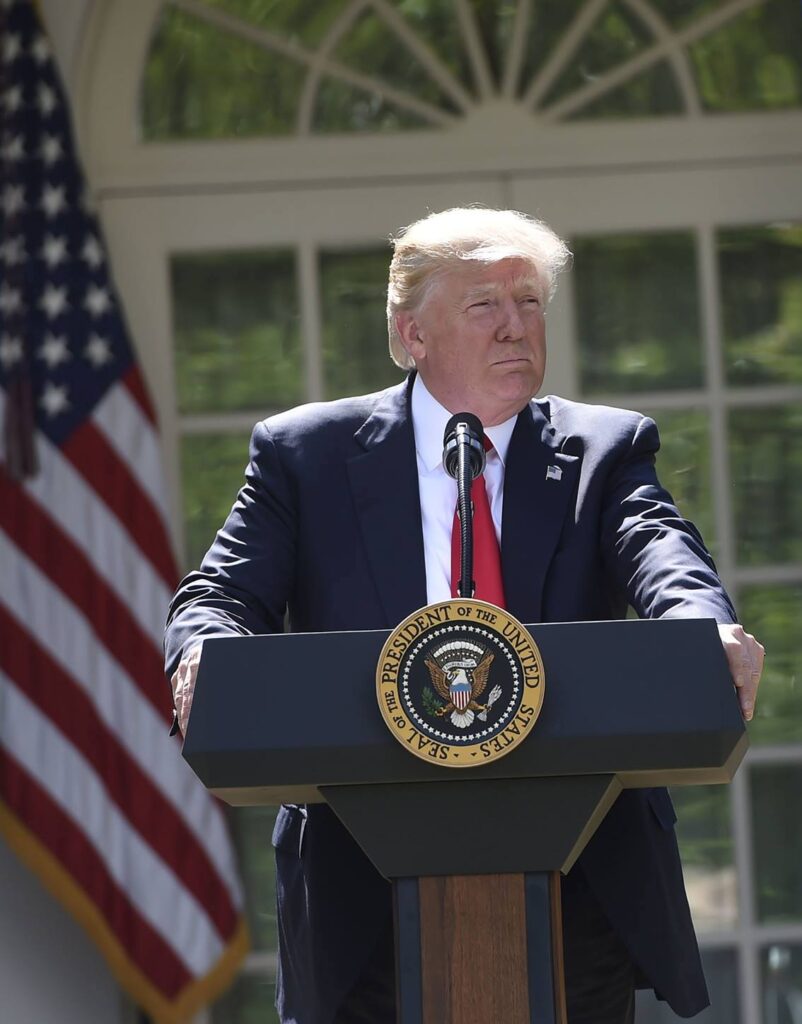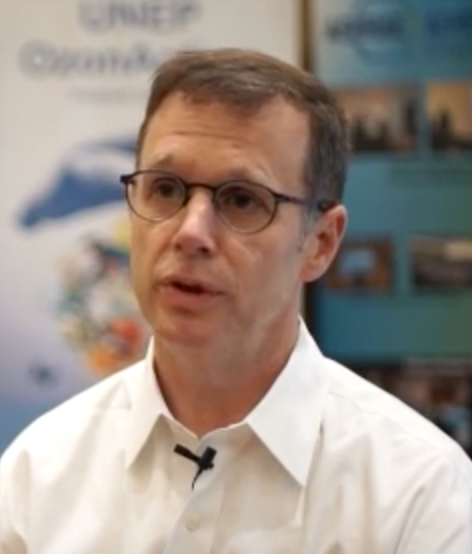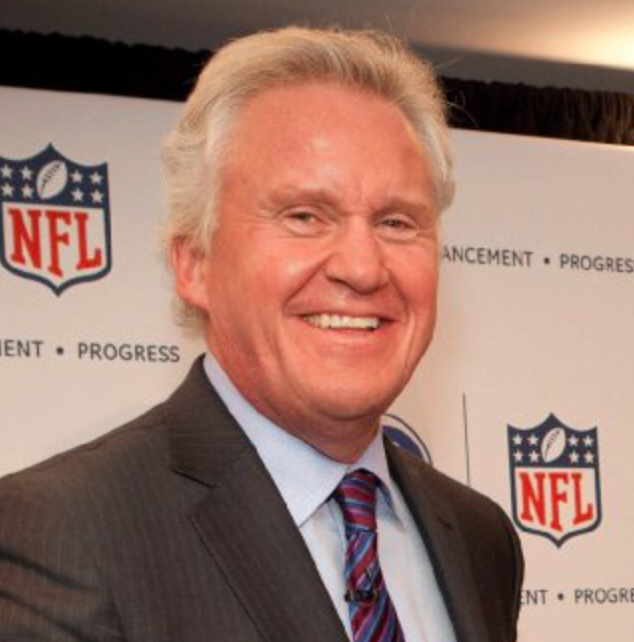US PHASE-DOWN SAFE AS TRUMP TURNS BACK ON PRARIS
- PostedPublished 10 June 2017

THE United States is still expected to phase-down HFCs, despite President Donald Trump’s decision to withdraw from the Paris Climate Accord.
The Paris Accord on carbon emissions and the Kigali Amendment to the Montreal Protocol enacting a global HFC phase-down are separate agreements.
During his election campaign, Mr Trump promised to withdraw from the Paris pact but there has been no negativity toward the Montreal Protocol during the campaign or subsequent administration.

Soon after Mr Trump’s Paris announcement on June 1, Air-Conditioning, Heating, and Refrigeration Institute (AHRI) president and CEO Stephen Yurek issued a statement to say the withdrawal “does not in any way alter the resolve of America’s HVACR and water heating industry to reduce the environmental impact of the products and equipment we manufacture”.
“Our industry has demonstrated its commitment to energy efficiency and environmental stewardship both domestically and abroad, which is evident in the global array of heating, cooling, water heating, and commercial refrigeration products that are more technologically advanced – while being more energy efficient – than ever before,” he said.
Prior to the announcement, in an interview with Washington Examiner, Mr Yurek said AHRI had been attempting to separate the Kigali and Paris agreements in its lobbying efforts with the Trump administration.

“They are two completely different agreements,” he said.
“It’ [Kigali] is a partnership between industry, government and environmentalists, and so that’s what we have been telling the administration.”
In his announcement, Mr Trump described the Paris agreement as “simply the latest example of Washington entering into an agreement that disadvantages the United States to the exclusive benefit of other countries”.
“As of today, the United States will cease all implementation of the non-binding Paris Accord and the draconian financial and economic burdens the agreement imposes on our country,” he said.

But Mr Trump then softened his tone and promised to “either negotiate our way back into Paris, under the terms that are fair to the United States and its workers, or to negotiate a new deal that protects our country and its taxpayers”.
“And we’ll sit down with the Democrats and all of the people that represent either the Paris Accord or something that we can do that’s much better than the Paris Accord.”
A number of US state governors and city mayors pledged to continue with local policies based on the terms of the Paris Accord despite the federal withdrawal.

The withdrawal also attracted criticism from industry, with 23 high-profile corporations undersigning an open letter of protest to the president, Tesla CEO Elon Musk walking away from his White House advisory roles and statements from Ford and General Motors reaffirming their commitments to combat climate change.
Mr Musk announced his departure from the presidential economic advisory councils via Twitter.
“Climate change is real. Leaving Paris is not good for America or the world,” he said.
A day prior, Mr Musk had tweeted that he had “done all I can to advise directly” to Mr Trump that the US Paris Accord.
Also using Twitter, General Electric chairman and CEO Jeff Immelt called on industry to “lead and not depend on government” in terms of environmental action.
“Disappointed with today’s decision on the Paris Agreement,” said Mr Immelt.
“Climate change is real.”
- CategoriesIn SightGlass
- TagsSightGlass News Issue 10

